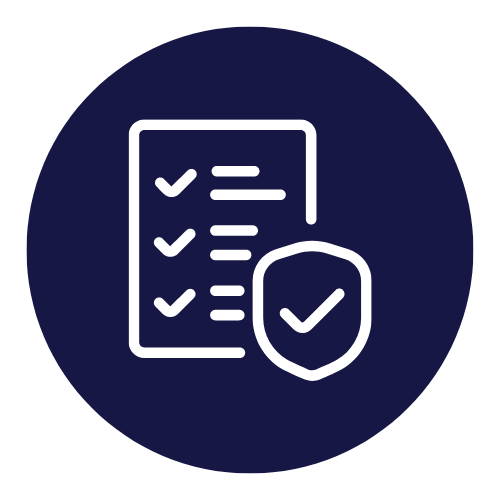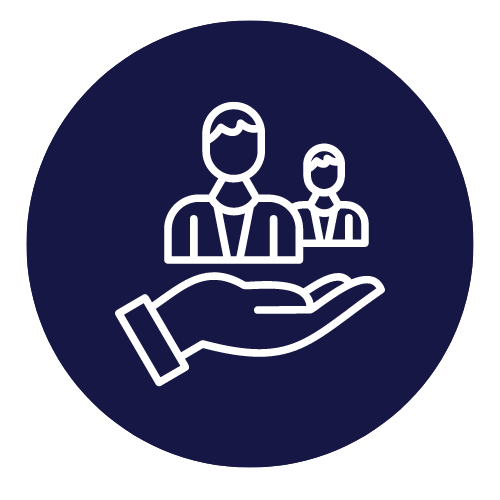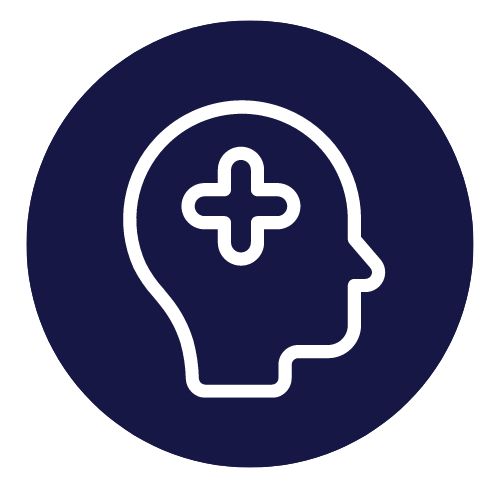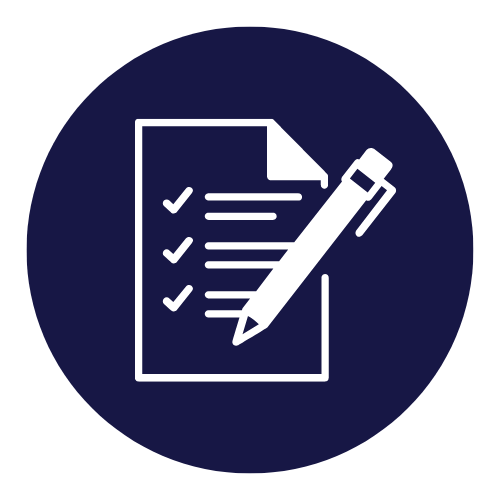What Is Aftercare?
After graduating from treatment at The Recovery Village Cherry Hill at Cooper, our comprehensive aftercare planning connects you with the people and resources necessary for lasting recovery. Your aftercare plan is customized to your unique needs, giving you the best chance at post-rehab success.


Am I ready for aftercare?
Our team ensures you’re ready to stay sober before you leave our care. A specialized aftercare plan is the key to getting your life back. You’re prepared if:
Goals of Aftercare
Relapse often happens in addiction recovery, but participating in aftercare programs has been shown to help reduce relapse rates. Aftercare helps clients:

What to Expect In Our Aftercare Program
Your aftercare planning begins when you enter treatment. Our facility team works closely with your case manager to prepare a comprehensive aftercare plan that will work for you once you’re ready to leave our facility.
After discharge, a patient’s case manager may check on them periodically to ensure they’re doing well and make adjustments to the aftercare plan. Our patients can remain connected to providers they met in treatment through Nobu, ensuring treatment continuation with professionals already familiar with your history and recovery journey.

Relapse prevention plan

Medical & therapeutic referrals

Teletherapy with Nobu, our mental wellness app

Local recovery resources

The Power of Nobu
Our mental wellness app Nobu is available after treatment. Nobu keeps you connected with your therapist after rehab (or lets you switch) and helps you manage and grow your mental health with free, on-demand tools.

Lessons from experts

Mindfulness training

Clinical assessments

Online teletherapy

Goal tracking

Journaling

Mood tracking

Sleep sounds
Your Recovery Is Our Mission
If you struggle with addiction, you’re not alone. Read our reviews and discover why The Recovery Village Cherry Hill at Cooper may be the right place to begin your recovery journey.
Speak with Admissions
Speak with a Recovery Advocate who can answer your questions and start you in treatment that’s right for you.


Explore Other Levels of Care
Our full continuum of treatment options and personalized treatment plans ensure each client gets professional care that meets their needs.


 Insurance
Insurance About Us
About Us Our Facility
Our Facility Admissions
Admissions Programs
Programs Medical Detox
Medical Detox Inpatient Rehab
Inpatient Rehab Aftercare & Recovery
Aftercare & Recovery